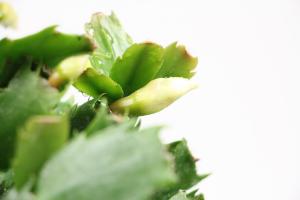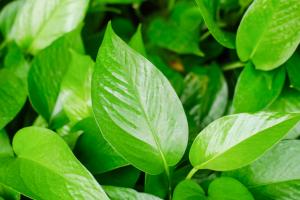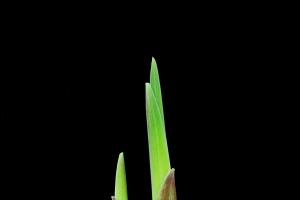Are Black Plastic Pots Bad for Plants?
Many gardeners use black plastic pots, also known as nursery pots, to grow their plants. However, there is a growing concern about whether these pots are actually good for plants. In this article, we will explore the potential negative effects of using black plastic pots and whether they are truly bad for plants.
Heat Absorption
One of the main concerns about black plastic pots is their ability to absorb heat. Black is known to absorb more heat than other colors, which could potentially heat up the soil inside the pot and damage the plant's roots. This can be especially problematic for plants that are sensitive to high temperatures. To prevent this from happening, consider using lighter colored pots or placing black pots in a shaded area.
Bacterial Growth
Another issue with black plastic pots is the potential for bacterial growth. The pores in the plastic can become breeding grounds for harmful bacteria that can infect the plant's roots. This is more likely to occur if the pots are not cleaned properly between uses. To avoid this, make sure to sterilize your pots in between uses and discard any that are severely damaged or have visible signs of mold or mildew.
Root Bound Plants
Black plastic pots can also lead to root-bound plants. These pots do not allow for proper aeration and drainage, which can cause the roots to become cramped and tangled. This limits their ability to absorb nutrients and can eventually lead to stunted growth. If you notice that your plant's roots are tangled and the pot is becoming too small, consider repotting the plant in a larger and better-draining container.
Environmental Concerns
Finally, the use of black plastic pots can have negative environmental impacts. These pots are typically made from non-biodegradable materials and may contribute to the growing issue of plastic waste. Additionally, they are often used for only a season or two before being discarded. To reduce your environmental impact, consider using biodegradable pots or reusing old ones, and properly dispose of any plastic pots that are no longer usable.
Conclusion
While black plastic pots have been a popular choice for many gardeners, there are concerns about their potential negative effects on plants. From heat absorption and bacterial growth to root-bound plants and environmental concerns, it is important to weigh the pros and cons before deciding to use these pots. By considering alternative options and taking steps to minimize their negative impact, we can create a healthier and more sustainable growing environment for our plants.

 how many times do yo...
how many times do yo... how many planted tre...
how many planted tre... how many pine trees ...
how many pine trees ... how many pecan trees...
how many pecan trees... how many plants comp...
how many plants comp... how many plants can ...
how many plants can ... how many plants and ...
how many plants and ... how many pepper plan...
how many pepper plan...




























